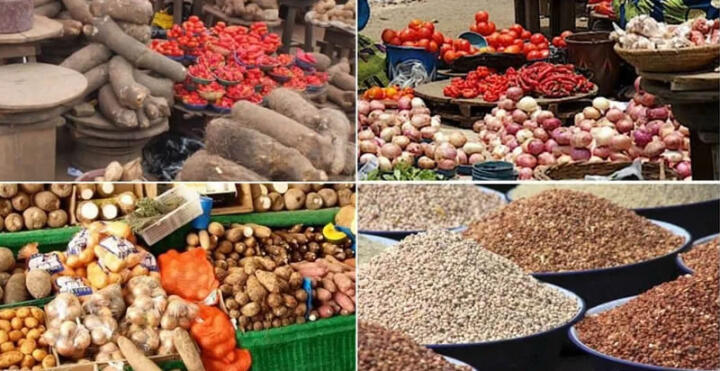In a significant development, the Nigerian Customs Service has announced the commencement of the distribution of seized food items. This initiative, aimed at addressing concerns related to food scarcity and ensuring the efficient utilization of confiscated goods, reflects the Customs Service’s commitment to public welfare. The Infosride news explores the details of this distribution effort, its objectives, and the potential impact on affected communities.
Utilizing Seized Goods for Public Benefit:
The distribution of seized food items by the Nigerian Customs Service is part of a broader strategy to put confiscated goods to productive use for the benefit of the public. Seized items, which may include food products, are often subject to forfeiture due to various reasons, including smuggling, illegal importation, or non-compliance with regulatory standards. Instead of allowing these items to go to waste, the Customs Service has opted to distribute them to communities in need.

Addressing Food Scarcity Concerns:
The distribution of seized food items is particularly timely given concerns about food scarcity and rising prices in certain regions. By redirecting confiscated food products to areas facing shortages, the initiative aims to alleviate the impact of food insecurity and contribute to ensuring that essential commodities are accessible to those who need them.
Community Outreach and Welfare Support:
The distribution effort goes beyond addressing immediate food shortages; it also serves as a form of community outreach and welfare support. By directly engaging with affected communities, the Nigerian Customs Service demonstrates a commitment to the well-being of the public. The initiative provides tangible support to individuals and households facing economic challenges, contributing to a sense of social responsibility on the part of the Customs Service.
Transparent and Accountable Process:
To ensure the transparency and accountability of the distribution process, the Nigerian Customs Service is likely to implement clear guidelines and mechanisms. This may involve collaboration with relevant government agencies, community leaders, and non-governmental organizations to oversee the fair and equitable distribution of seized food items. Transparent procedures help build public trust and confidence in the initiative.
Collaboration with Stakeholders:
The success of the distribution effort hinges on effective collaboration with various stakeholders, including local authorities, community leaders, and humanitarian organizations. Engaging in dialogue with these entities can help identify areas with the greatest need, streamline distribution logistics, and ensure that the seized food items reach the intended beneficiaries in a timely and organized manner.
Potential Challenges and Mitigation Strategies:
While the distribution of seized food items is a commendable initiative, potential challenges may arise, such as logistical complexities, coordination issues, or ensuring that the items are safe for consumption. The Nigerian Customs Service is likely to implement stringent quality control measures and collaborate with relevant health and regulatory agencies to address these challenges and mitigate any potential risks.
The Infosride’s Commitment to Informed Coverage:
As the Nigerian Customs Service embarks on the distribution of seized food items, The Infosride remains committed to providing informed and comprehensive coverage. Stay tuned for updates on the progress of the distribution effort, insights into its impact on affected communities, and analyses of how such initiatives contribute to broader efforts in addressing societal challenges.
Support InfoStride News' Credible Journalism: Only credible journalism can guarantee a fair, accountable and transparent society, including democracy and government. It involves a lot of efforts and money. We need your support. Click here to Donate
